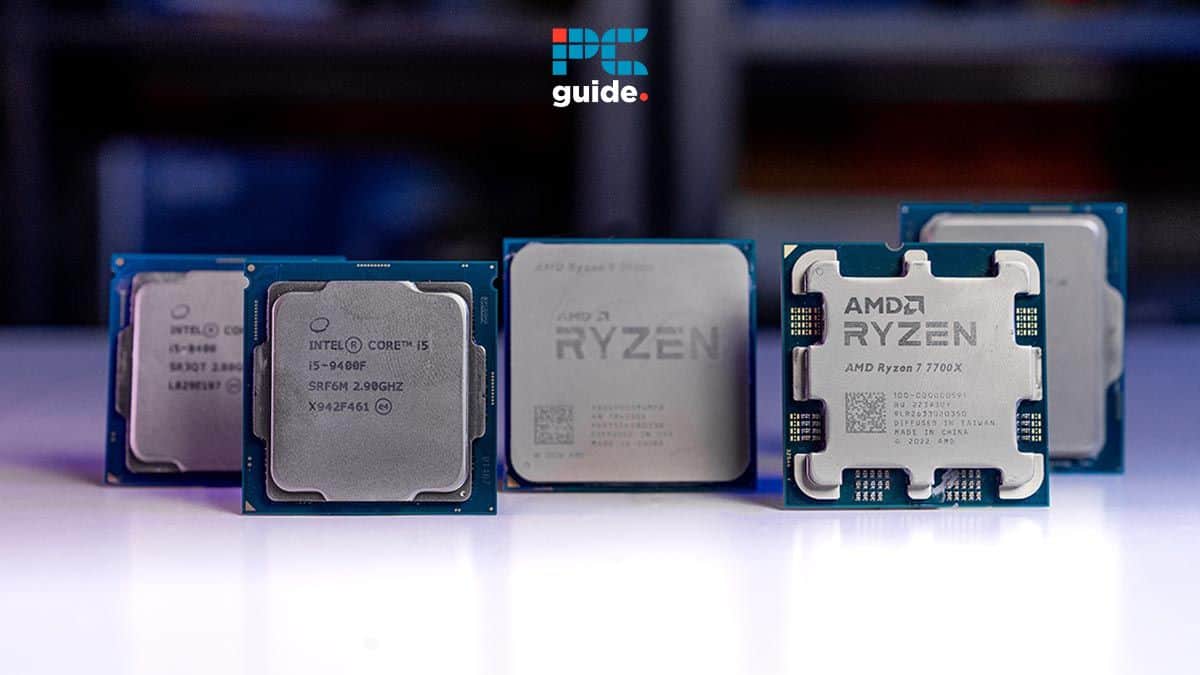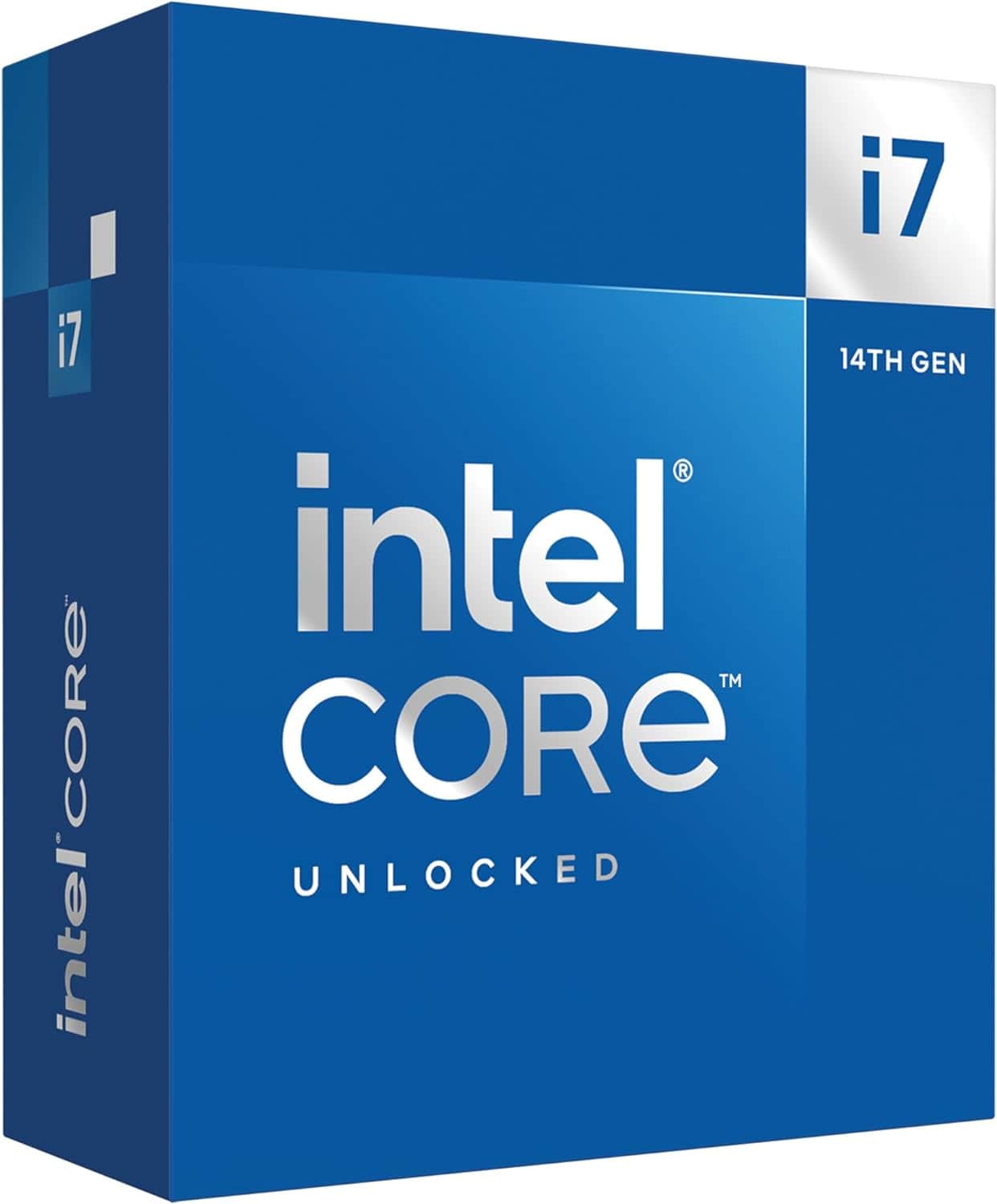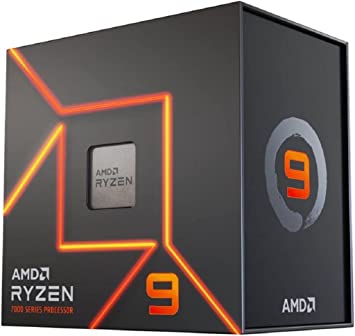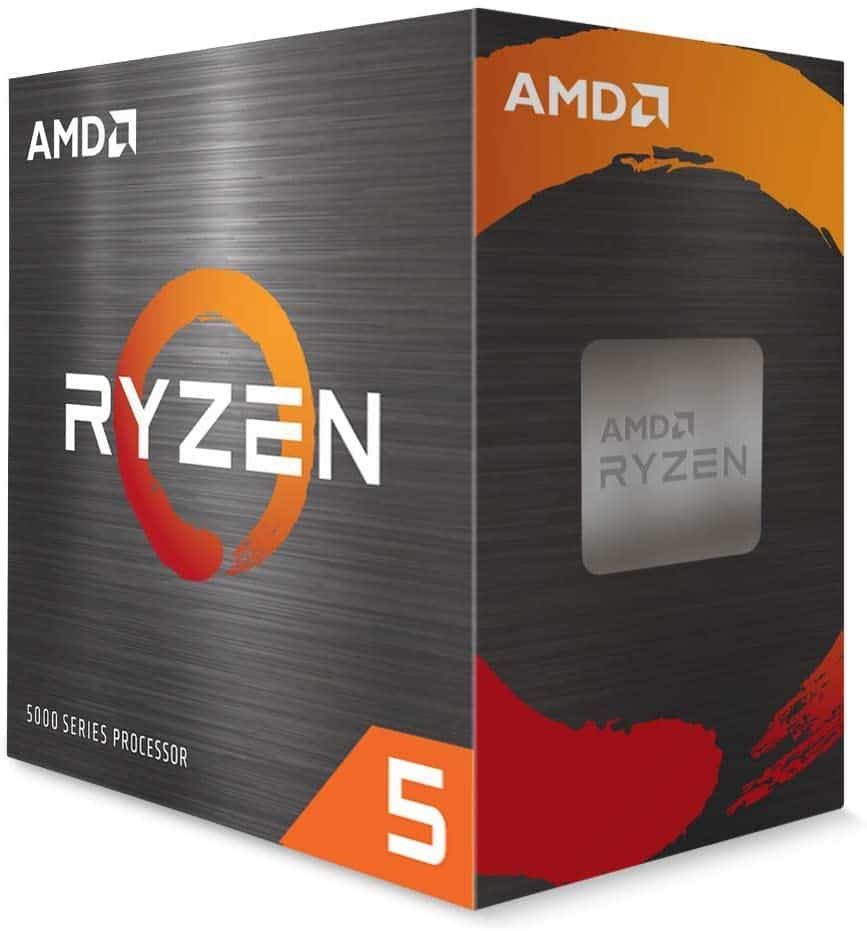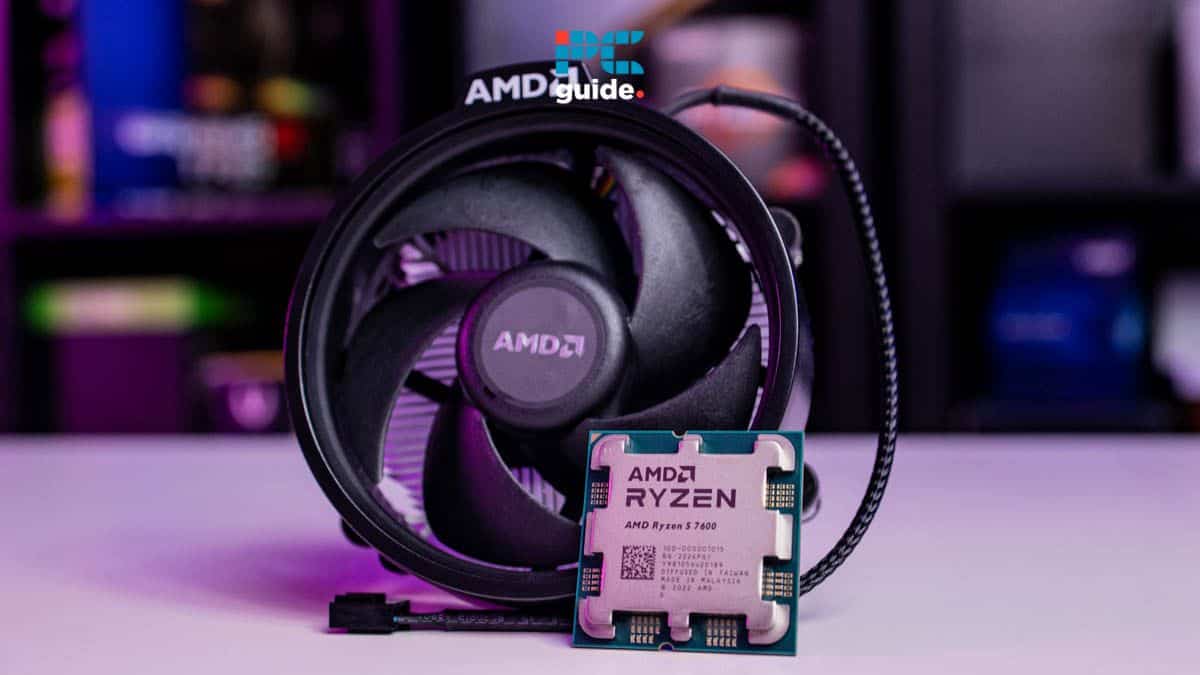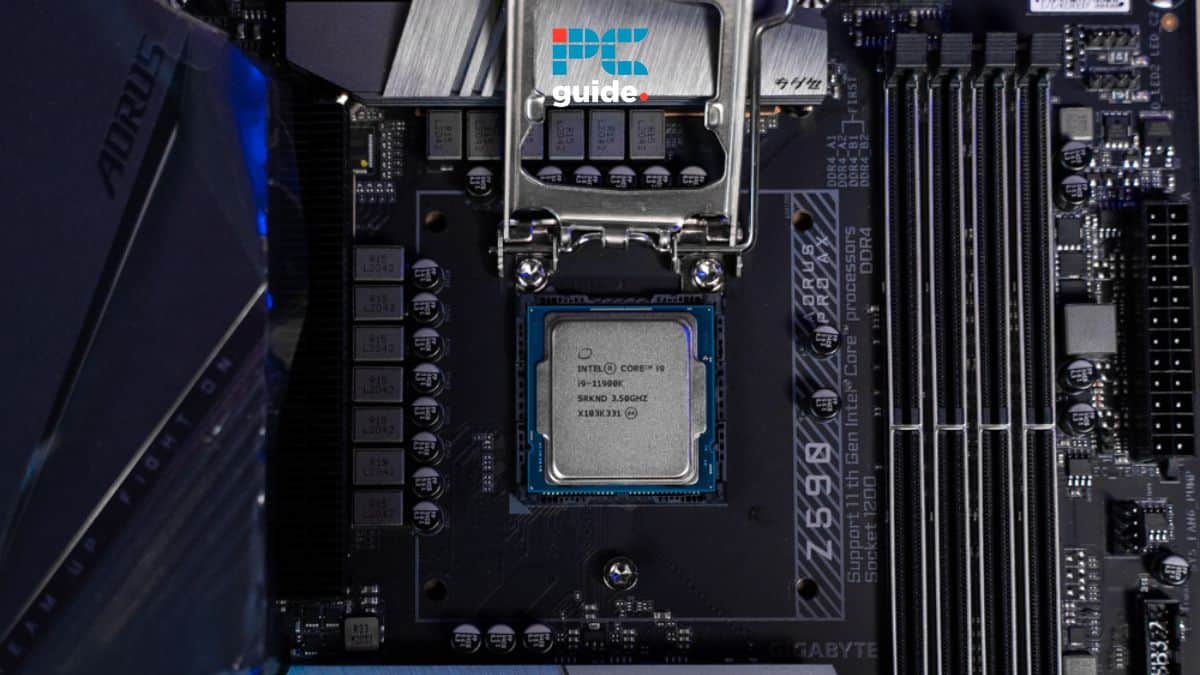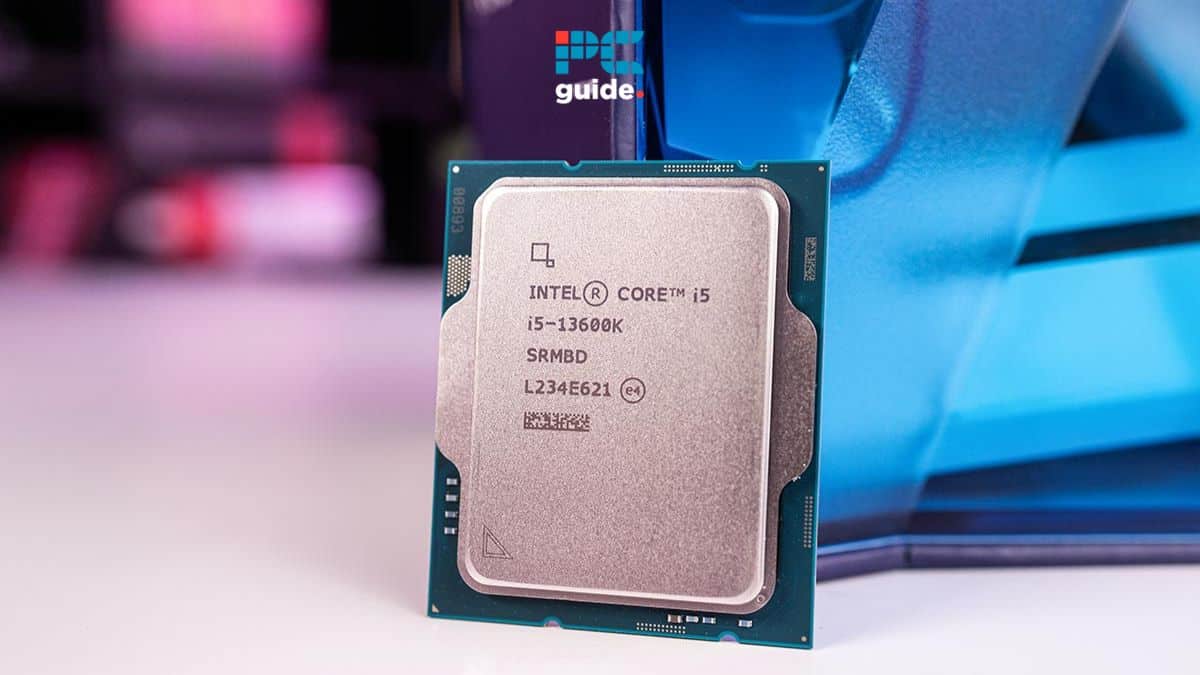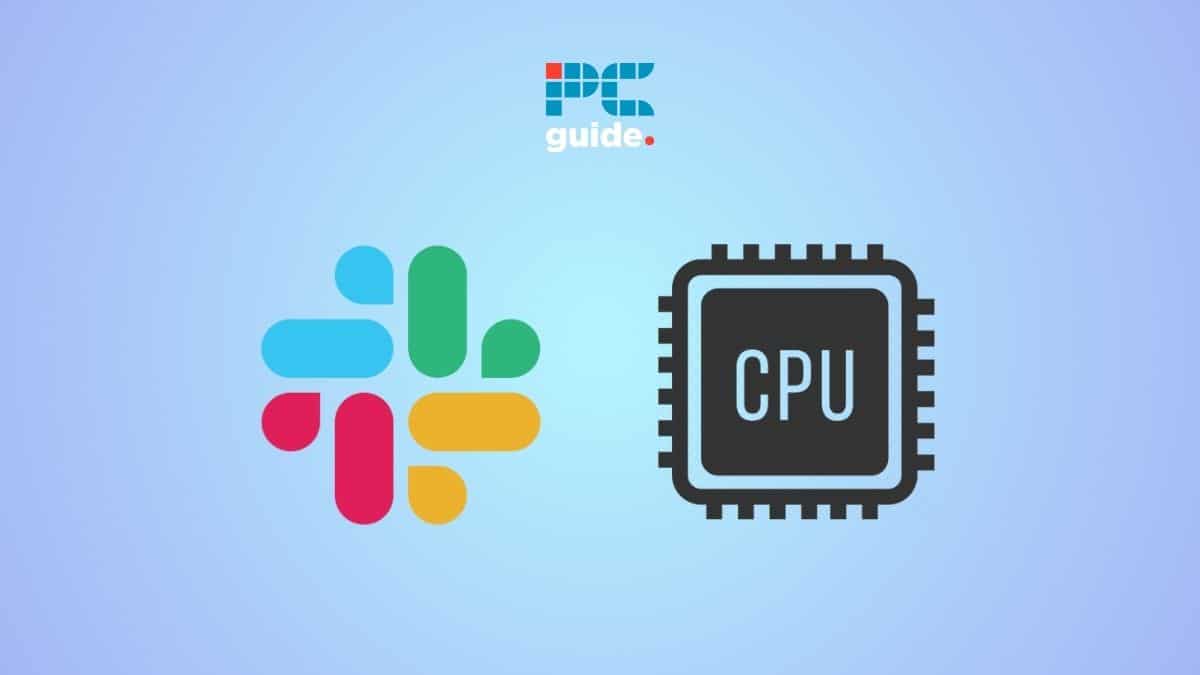If you’re wondering about the lifespan of a CPU, then we’ve got you covered right here with all the answers.
The CPU acts as the brain of your computer, and just like any other component, it has a lifespan. However, compared to other components, a CPU lasts longer if it is used with care and there aren’t any manufacturing defects or faults in it. But how long will it stay with you? A few years? Or more than a decade?
In this guide, we’ll go over the average lifespan of a CPU and explain various factors that affect it. So, without any further ado, let’s dive in!
Quick Answer
A CPU will last for decades if taken care of properly, and will last for around three to five years if put under constant heavy stress.
The average lifespan of a CPU
A CPU is typically designed to last for several years under normal usage conditions. While manufacturers provide a warranty of three to five years with their processors, they can last more than that. However, it’s essential to note that the actual lifespan of a CPU can vary depending on usage patterns. For instance, if there’s a good cooling system installed in your PC and you’re not overclocking your CPU or putting it under stress frequently, then the processor will last for decades. However, overclocking the CPU or putting it under constant heavy load will shorten its lifespan. And if there’s something wrong with your processor, it will start showing signs of failing or dying.

Factors that affect the lifespan of a CPU
Here are some factors that affect the lifespan of a CPU.
Usage patterns
The way you use your computer plays a significant role in determining how long your CPU will last. If you primarily use your computer for basic tasks like web browsing and creating documents, your CPU will likely have a longer lifespan compared to heavy usage scenarios such as gaming, video editing, or other resource-hungry tasks. This is because such tasks generate more heat and put an additional burden on the processor, which reduces its lifespan. However, there can also be times when certain applications that are not resource-hungry start taking a toll on the processor. So, it is important to regularly check your CPU usage and get rid of applications that may be burdening it.
Your usage pattern can be divided into three categories:
- Light usage: Engaging in light activities such as web browsing, email, and document editing typically imposes minimal stress on the CPU. For such activities, the CPU operates at lower temperatures and experiences less stress.
- Moderate usage: This involves a combination of everyday tasks along with occasional resource-intensive activities like multimedia streaming or light gaming. While these tasks may increase CPU utilization and temperature, they generally do not pose a significant threat to longevity.
- Heavy usage: This involves activities that consistently push the CPU to its limits, such as gaming, video editing, and 3D rendering. These tasks demand high levels of processing power, resulting in high temperatures and increased thermal stress on the CPU.
Cooling and cleaning
Cooling is yet another factor that significantly affects a processor’s lifespan. Monitoring your CPU’s temperature is important, as constant high temperatures can negatively affect its performance and shorten its lifespan. If you have a proper cooling system installed in your PC, one that helps dissipate heat and keeps the temperatures low, then you can expect your processor to last longer. But if the temperatures are always high, you’ll need to learn how to stop it from overheating.
On the other hand, cleaning your PC regularly can have a positive impact on the lifespan of the processor. Over time, dust and debris can pile up on the CPU heatsink, fan blades, and other components, resulting in poor airflow. This can cause the CPU to operate at higher temperatures, which leads to thermal stress. This is why regular cleaning helps remove the dust and debris that may be getting in the way of proper airflow.
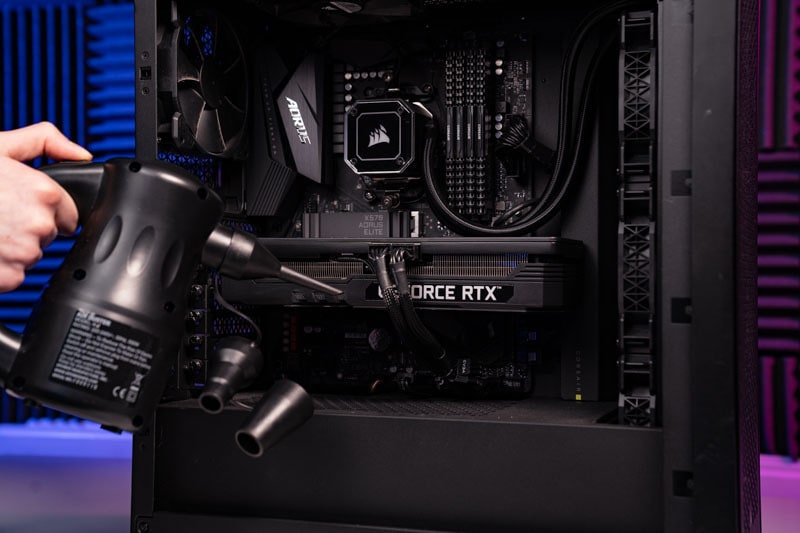
Overclocking
In simple words, overclocking is the process of boosting the processor’s performance by making it run faster. While this allows you to get more out of your CPU, it has its downsides. Along with performance, overclocking also increases power consumption and heat output, which can shorten the processor’s lifespan. Overclocking is also a common cause of CPU overheating, which can permanently damage your CPU and even other components in the long run.
It is also important to note that most CPU manufacturers void the warranty if the CPU is overclocked beyond its specified limits. This means that any damage or failures resulting from overclocking are not covered under warranty, leaving you responsible for any repairs or replacements. So, you need to stop overclocking your CPU if you recently decided to give it a performance boost.
Voltage and power supply
Fluctuations in voltage or inadequate power supply can damage the CPU and other components of your computer. Using a high-quality power supply unit (PSU) with stable voltage output and sufficient wattage capacity is essential for protecting your CPU from power-related issues. Installing a cheap PSU in your system may save you some money in the short run, but you’ll eventually suffer the consequences when it damages your CPU and potentially other components. You should choose one of the best power supplies to stay on the safe side.
How often should you replace the CPU?
You should replace your CPU only when it’s required. And by this, we mean when you either need more power or your CPU is showing signs of dying or failing. Other than that, if you use your PC for only the basic stuff and your years old CPU is working fine, there’s no need for you to get a new one.
But if you have an old CPU in your system and you want something for resource-hungry tasks, then we recommend choosing one from the options below.
-
High-end Intel processor
Intel Core i7 14700K
-
High-end AMD processor
AMD Ryzen 9 7950X
- Cores: 16
- Threads: 32
- Boost speed : up to 5.7 GHz
- Base speed: 4.5 GHz
- L3 Cache: 64 MB
- TDP: 170W
-
Mid-range processor
AMD Ryzen 5 5600X
- Cores: 6
- Threads : 12
- Boost speed : up to 4.6 GHz
- Base speed: 3.7 GHz
- L3 Cache: 32 MB
- TDP: 65W
Conclusion
Typically, CPUs can last for decades if used with care. This involves proper cooling, good airflow, and regular cleaning of the system. However, their lifespan can be shortened if they are put under constant stress and load. So, take good care of your processor by following the things discussed in this guide.


